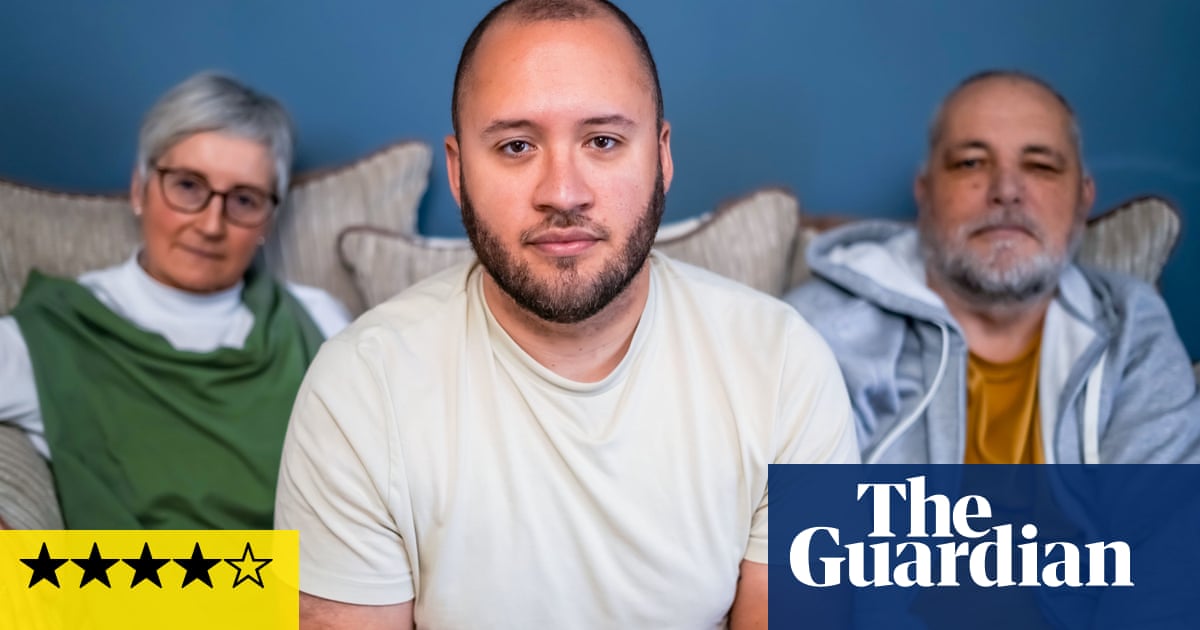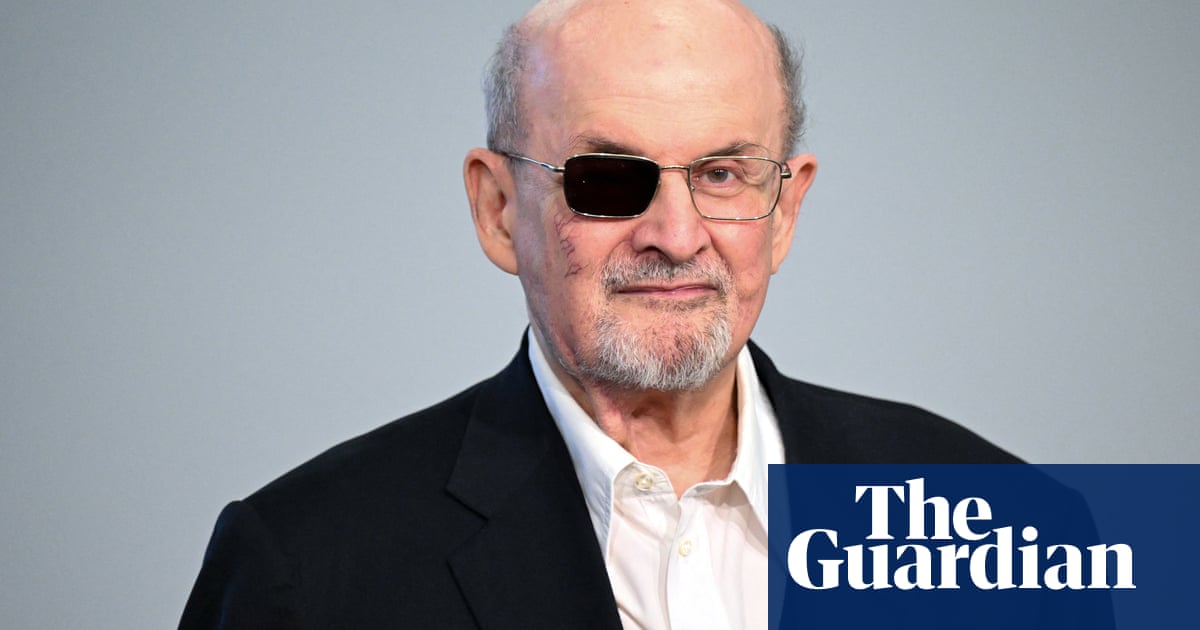
Michael Grandage’s new film has been coolly received by some, but I found it an interestingly fragile and Rattiganesque melodrama of repression and regret. It is set on a gloomy English seafront and intercuts between the buttoned-up 1950s and the late 1990s. As an earnestly intended drama I can imagine it being performed on stage at a weekday matinee, the climactic speeches echoing wanly around the auditorium. But in its contrived way, it conjures a very English sort of shame.
Screenwriter Ron Nyswaner has adapted the novel by Bethan Roberts, itself inspired by the famous ménage between novelist EM Forster, Forster’s policeman lover Bob Buckingham and Bob’s wife, May. Linus Roache and Gina McKee play ageing married couple Tom and Marion, respectively a former police offer and retired schoolteacher. To Tom’s dismay, Marion has taken a local resident into their home to be cared for by her as part of a volunteer outreach programme: cantankerous stroke survivor Patrick, played by Rupert Everett.
But Patrick is no stranger: 40 years previously, he was the elegant museum curator and gay man (in an age when homosexuality was a criminal offence) who fell passionately in love with Tom and began a secret relationship with him, just as poor, shy, muddled Tom was courting Marion, hardly understanding anything about his own sexuality and certainly nothing about Marion’s, whose motives for taking him in now are fraught with guilt. Young Patrick is played in flashback by David Dawson, young Marion by Emma Corrin and young Tom by Harry Styles – who is not at all a bad actor, better than he was in Don’t Worry Darling, with a rather assured on-camera presence. His line-readings are a bit decelerated, perhaps as a result of coaching, but he has an interestingly melodious delivery. It reminds me a little of Mick Jagger’s movie acting.
The film shows how much in this era depended on the importance of discretion, the grim hypocrisy dance of knowing and not knowing. And Patrick keeping a diary in which he swooningly refers to Tom as “my policeman” is indiscreet, as is his (absurdly) brazen decision to take Tom on a business trip with him to Venice.
The modern-day parts of the film are not fully realised: older Tom and Marion are too accustomed to a life of reticence to voice their feelings: stroke-patient Patrick cannot speak anyway, and the dissolve-fade transitions to their shared tremulous past are a bit on the nose. But even in this constraint there is a certain kind of poignancy. I would like, perhaps, to see Grandage dramatise the famously tragicomic final domestic set-up of the ageing Kingsley Amis, cared for by his first wife, Hilary, and her husband, Lord Kilmarnock.












